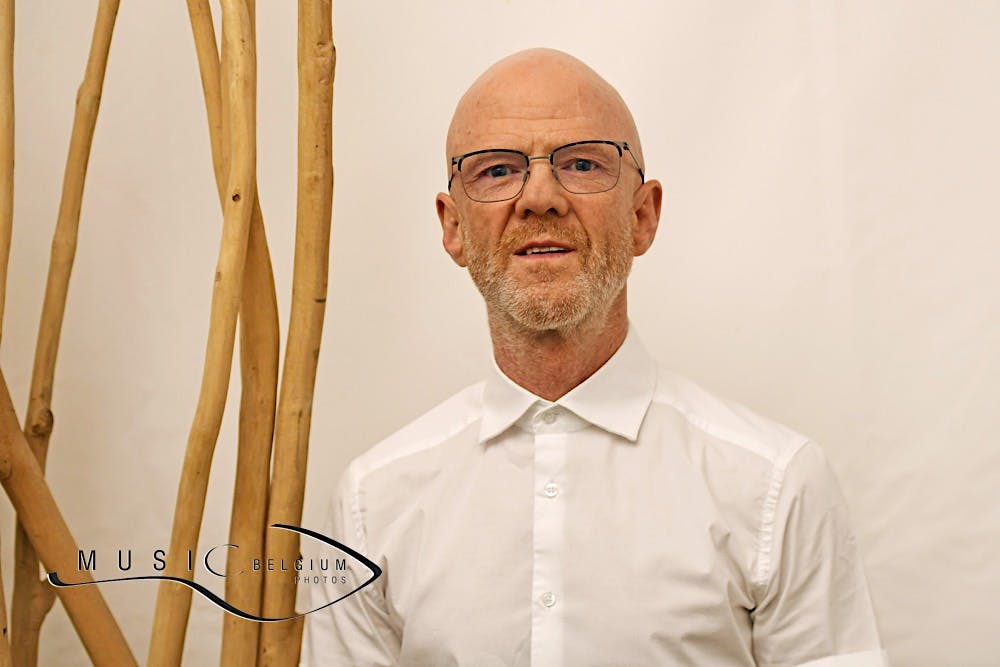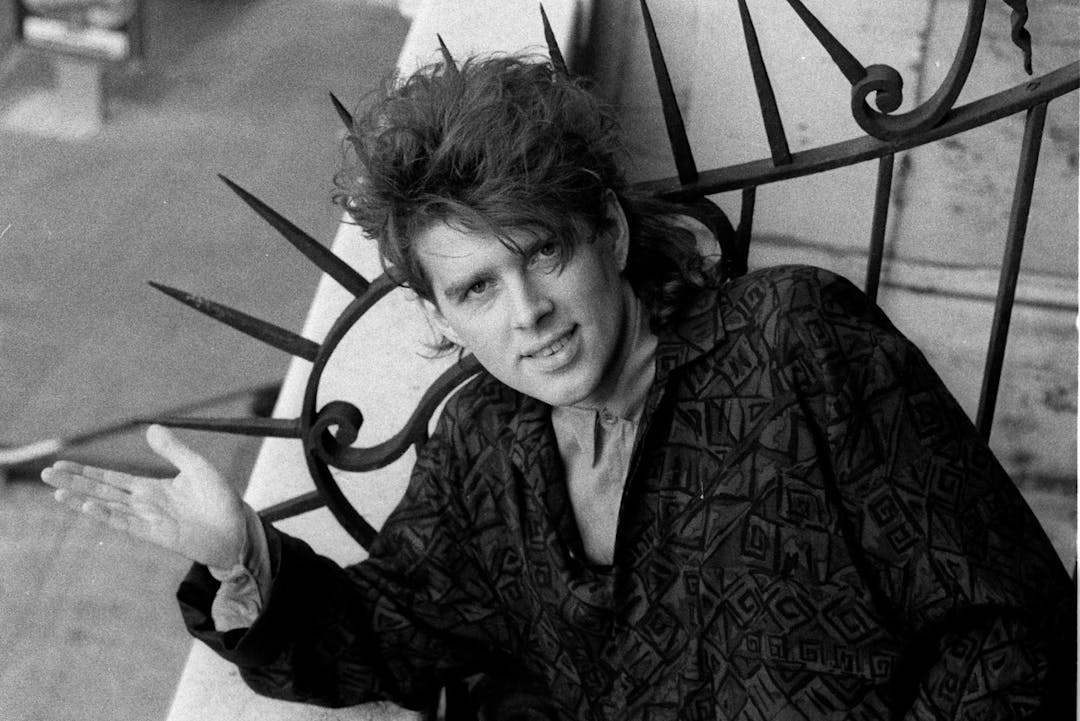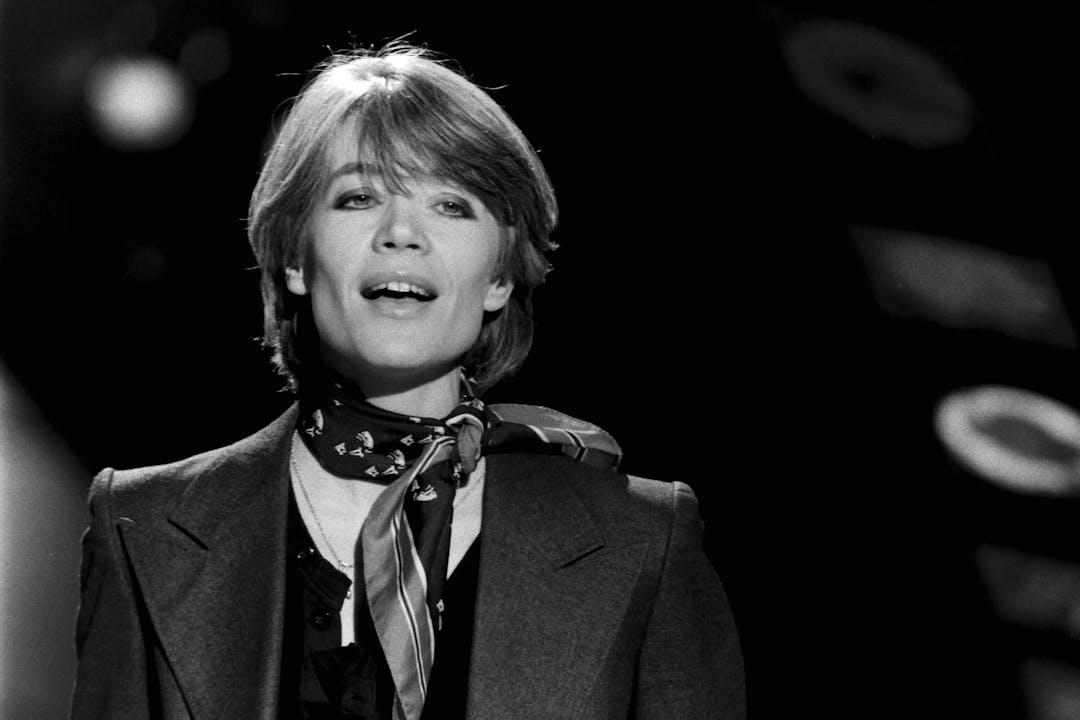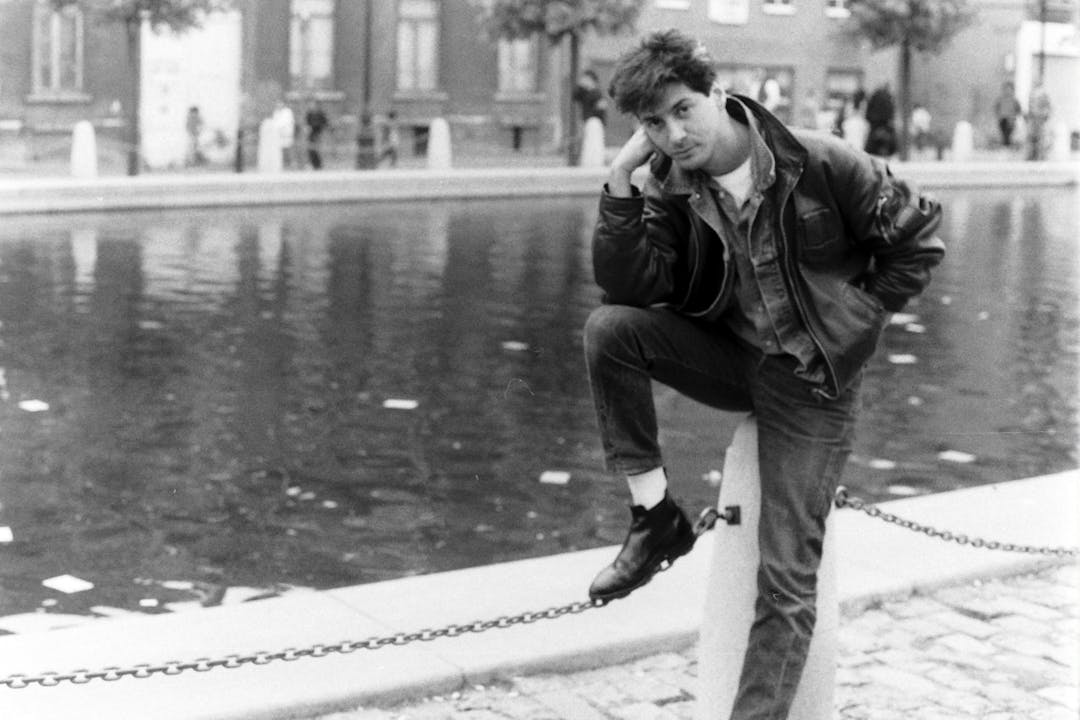
TAGTIK NEWS - TO THE POINT
Born on 22 June: Jimmy Somerville, the rainbow voice of Bronski Beat

He was born in Glasgow (Scotland) in 1961 and still personifies that "Smalltown Boy" he sang with Bronski Beat in 1984.
Raised in the working-class district of Ruchill, he went through a tough adolescence, marked by rejection linked to his homosexuality. It's worth recalling that acknowledging this in court could still lead to imprisonment and other horrors in England and Wales until 1967. And in the Scotland where Jimmy was growing up, it wasn’t until 1982 that the first steps towards decriminalisation appeared.
When he left his hometown in 1978, it was more of an escape—essential in his eyes—than a stepping stone to fame. The early days in the capital were far from easy, involving dingy squats and a precarious existence.
In 1983, he formed Bronski Beat with Larry Steinbachek and Steve Bronski. Beneath a coat of electro pop tinged with disco, their debut album "The Age of Consent" was also—and perhaps most importantly—a social and political manifesto. The album sleeve even features a chart comparing the age of consent for homosexuals in different countries. Eye-opening! Highly autobiographical, their track "Smalltown Boy" (1984) starkly portrays the desperate escape of a young gay man facing homophobia. In the gritty, realistic video for the song, Somerville naturally plays himself, leaving a lasting impression.
Even before the acronym became popular, its chorus had already become an LGBTQIA+ anthem, directly addressing the familial and societal rejection faced when asserting a different sexual orientation. The album also features some beautiful ballads, such as the pacifist "No More War", and a handful of immaculate covers like "I Feel Love" by Donna Summer—a true gay community anthem—or, in a totally different style, "It Ain’t Necessarily So" borrowed from "Porgy & Bess" by Gershwin. But Somerville left to explore other horizons even before a second album could be recorded.
Without ever abandoning activism, he then founded The Communards on fairly similar musical and political foundations. The band recorded two albums and added another gay anthem to the repertoire with their cover of "Don’t Leave Me This Way", already made famous a few years earlier by Thelma Houston, one of the queens of disco. After their split in 1987, the singer with the soprano voice started a solo career. Naturally, his solo debut, "Read My Lips" (1989), featured several memorable covers like "You Make Me Feel" by Sylvester and "Comment te dire adieu" by Françoise Hardy, for whom Somerville has a genuine passion. "Homage", his sixth album, already dates back to 2015. Written with his partner John Winfield, the twelve original tracks (no covers this time) once again pay homage to the disco music that means so much in Somerville’s life.
And the last time I saw him live, in 2019, he hadn’t lost any of his inimitable falsetto…
(MH with Stéphane Soupart - Photo: © Etienne Tordoir)
Photo: Portrait of Jimmy Somerville backstage at the W Festival in Waregem (Belgium) on 15 August 2019
LATEST NEWS

Born on January 20: Paul Stanley (KISS) promises not to touch make-up!

RIP: The legendary Tucker Zimmerman has passed away at the age of 84.

Born on January 18: Tom Bailey (Thompson Twins) always calls his "Doctor! Doctor!"

Born on January 17: Françoise Hardy left to find the stars in 2024

Born on January 16: Sade, the discreet gem of British soul music

Born on January 14th: Etienne Daho, always full of musical notes...
Quick links